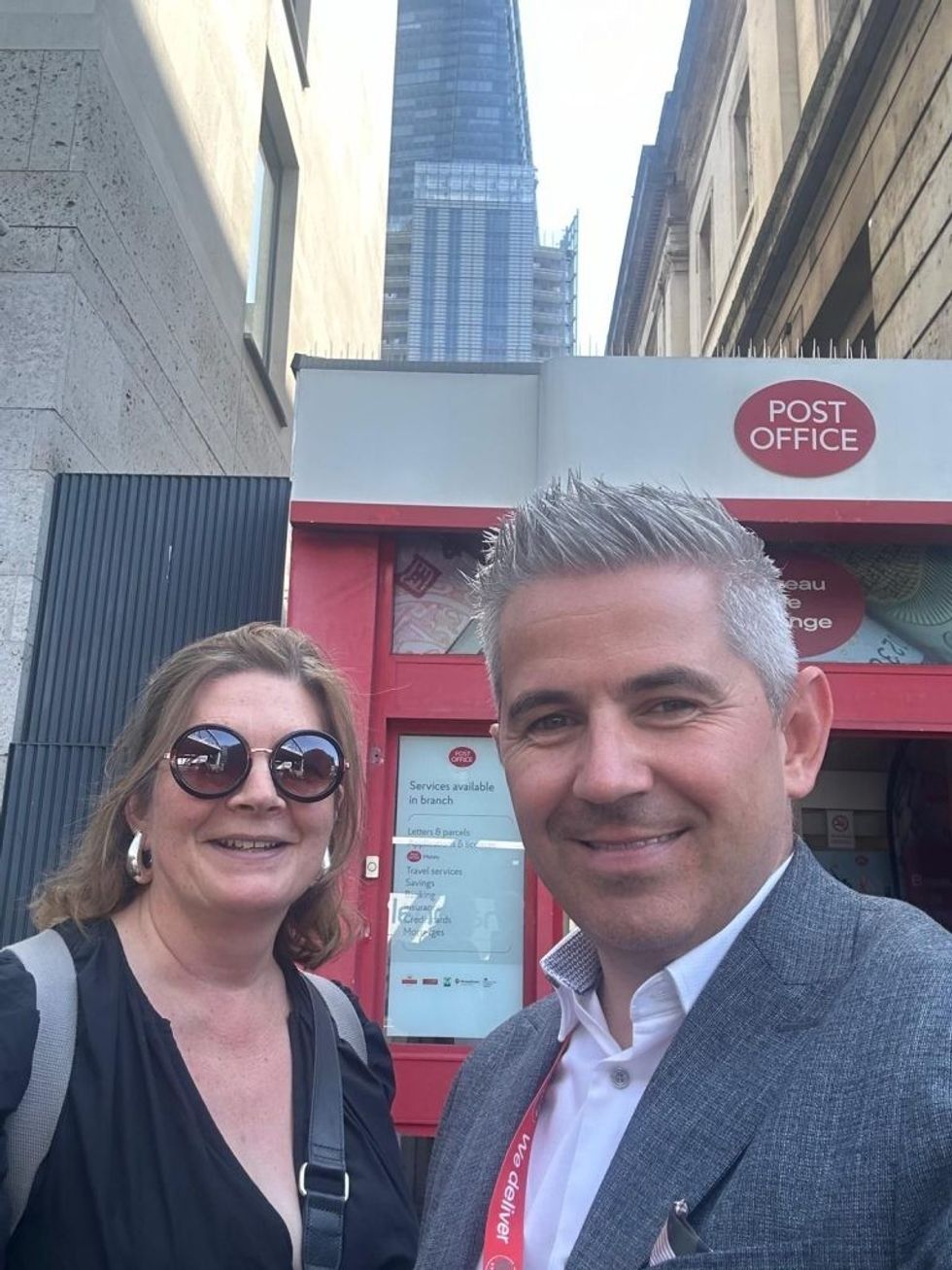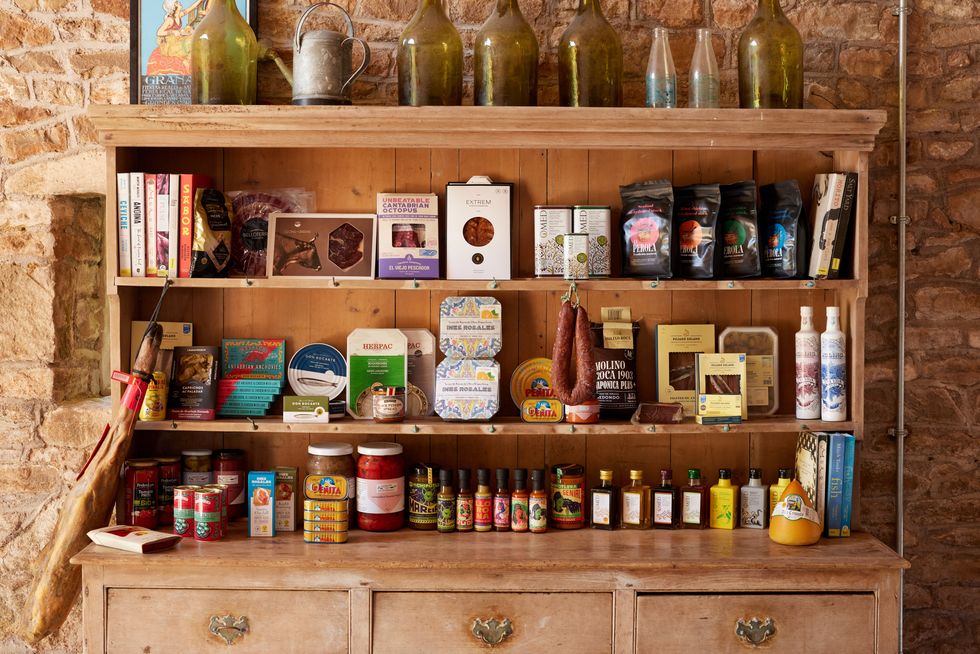The Post Office is pleased to announce the appointment of Juliet Crisp as the new head of people strategy, planning and governance.
With a proven track record in HR leadership and talent development, Crisp brings a wealth of experience from her previous roles at Whitbread, SSP Group, and Tesco.
Her most recent role at Whitbread saw her develop and implement the company-wide talent strategy and at SSP, she led HR for the group and UK office, focusing on enhancing business performance through effective people strategies.
Her 25-year tenure at Tesco, culminating as head of human resources for online and customer fulfilment, showcased her ability to manage large-scale HR functions and drive significant organisational change.
Crisp said: “I am excited to join the Post Office at such a pivotal time in its history. The introduction of our new company-wide people strategy marks a significant step in our cultural transformation journey. By fostering curiosity, accountability, and support within our teams, and focusing on colleague experience, we are not only strengthening our internal culture but also enhancing the service we provide to Postmasters and customers alike. I look forward to working with colleagues to help drive positive change across the organisation.”

The Post Office’s new people strategy focuses on three priorities: colleague experience, capability and inclusion. In addition, Post Office’s new company-wide behaviours - Be curious, Move it forward, Own the outcome and Back each other - are designed to cultivate an environment where innovation, accountability, and mutual support thrive.
This initiative is part of the Post Office's commitment to creating a workplace culture that supports efforts to create a postmaster-centric organisation.
“Juliet's deep expertise in HR transformation and her passion for talent development are exactly what we need as we embark on this new chapter. Her leadership will be instrumental in driving our cultural change initiatives, ensuring we continue to support and engage with our people effectively,” Karen McEwan, group chief people officer, said.
Crisp’s appointment to the Post Office People function is one of a number of hires made by McEwan, who joined the business in September 2023.
This includes Hawa Newell-Sydique who recently joined as people director – talent and capability. She was most recently at Selfridges where she was the director of talent, learning and diversity, equity & inclusion and Tim Perkins who was previously at the Post Office and has rejoined from Marks & Spencer and is the Post Office’s people services director.














![Karnail Singh Sandhar: Legacy of resilience, courage and vision [Exclusive]](https://www.asiantrader.biz/media-library/late-karnail-singh-sandhar-founder-of-uk-s-first-biggest-asian-focused-cash-and-carry-as-well-as-warwickshire-s-first-asian-ori.jpg?id=55350177&width=600&height=702)




 Prem Uthayakumaran is awarded a shirt outside Mansfield's One Call Stadium
Prem Uthayakumaran is awarded a shirt outside Mansfield's One Call Stadium

